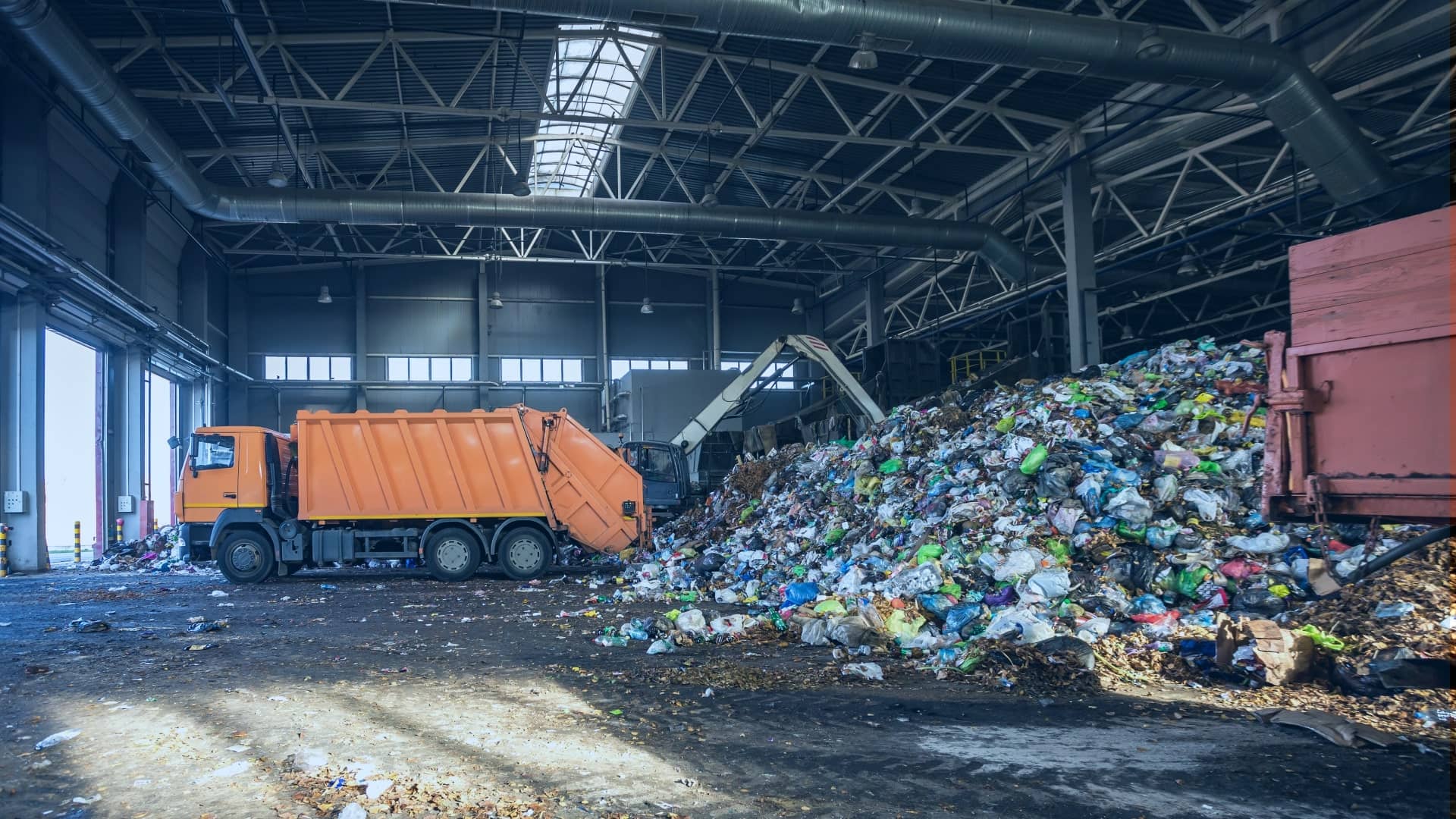The 8-Minute Rule for Reclaim Waste
The 8-Minute Rule for Reclaim Waste
Blog Article
A Biased View of Reclaim Waste
Table of ContentsReclaim Waste Fundamentals ExplainedSome Known Factual Statements About Reclaim Waste Reclaim Waste Can Be Fun For AnyoneUnknown Facts About Reclaim WasteTop Guidelines Of Reclaim Waste
Discover the kinds, occurrences, and types of liquid waste. Residential sewer waste describes the waste and items from a property sewage-disposal tank. This type of waste is developed by humans in homes, institutions, and other buildings. This only includes septic systems that have a drainpipe field. The appropriate administration and disposal of residential sewer waste call for liquid waste to be transferred to a sewage treatment plant where the correct approaches and equipment are put on purify and get rid of waste.
Business waste typically includes possible hazards, such as combustible materials or a blend of liquid and solid waste products, and calls for a more sophisticated and in-depth disposal procedure. The disposal of industrial waste typically entails the purification of waste before transport to guarantee secure and correct disposal. Hazardous waste is created from by-products and drainage of industrial procedures and manufacturing.
This kind of waste can not utilize the exact same sewer monitoring transportation or procedures as septic or business fluids. The hazardous waste management process needs the examination and testing of fluid waste prior to it goes through the disposal process (industrial wastewater treatment). Overflow waste is the liquid waste that originates from runoff and excess stormwater in highly populated areas or cities
Drainage waste can cause contamination and flooding otherwise dealt with properly. Find out more regarding sewer cleansing and waste management. Ensuring correct waste monitoring can avoid catastrophes and lower ecological harm. Both individuals in domestic settings and specialists in commercial or manufacturing markets can profit from recognizing the processes and laws of liquid waste management.
Reclaim Waste - The Facts
Get in touch with PROS Providers today to learn more about our waste administration and disposal services and the proper ways to take care of the liquid waste you generate.
(https://www.intensedebate.com/people/reclaimwaste1)This so-called 'wastewater' is not just an essential source however, after therapy, will certainly be launched to our land, rivers or the ocean. Utilized water from commodes, showers, baths, kitchen area sinks, laundries and industrial processes is recognized as wastewater.

water made use of to cool equipment or tidy plant and equipment). Stormwater, a kind of wastewater, is overflow that streams from agricultural and metropolitan areas such as roof coverings, parks, gardens, roadways, paths and gutters into stormwater drains pipes, after rain. Stormwater streams neglected straight to local creeks or rivers, at some point reaching the sea.
Some Known Incorrect Statements About Reclaim Waste
In Queensland, a lot of wastewater is dealt with at sewage treatment plants. Wastewater is delivered from residential or commercial sites through a system of sewers and pump stations, recognized as sewage reticulation, to a sewer therapy plant.
The Division of Natural Resources suggests city governments regarding handling, operating and preserving sewage systems and treatment plants. In unsewered locations, local federal governments may require homeowners to set up private or family sewage therapy systems to treat domestic wastewater from toilets, kitchen areas, washrooms and washings. The Division of Natural Resources authorizes making use of house systems when they are proven to be reliable.
In some new communities, treatment of some stormwater to get rid of trash, sand and gravel has started utilizing gross contaminant catches. Wastewater therapy occurs in 4 phases: Eliminates strong matter.
Wastewater after that flows right into large containers where solids work out and are gotten rid of as sludge. Grease and residue are skimmed from the surface area. Utilizes tiny living microorganisms understands as micro-organisms to break down and eliminate remaining liquified wastes and great fragments. Micro-organisms and wastes are incorporated in the sludge. Eliminates nitrogen and phosphorus nutrients that could create algal blossoms in our rivers and endanger aquatic life.
More About Reclaim Waste
Nutrient elimination is not readily available at all sewer therapy plants since it needs expensive specialised equipment. Clear liquid effluent created after therapy might still contain disease-causing micro-organisms - liquid waste disposal melbourne.

This typically suggests wastewater has actually to be treated or contaminants removed before it can be released to rivers. A lot of wastewater streams into the sewage system. Under the Act, neighborhood federal governments provide approvals and licences for environmentally relevant activities (ERAs) involving wastewater releases that could have a regional impact. The department carries out authorizations and licences to Periods involving wastewater releases that might have a regional or statewide influence.
Fascination About Reclaim Waste
Otherwise, examples are considered lab evaluation. Commonly many tests are required to develop the levels of each of the different toxins such as oils, heavy steels and chemicals in water. Monitoring offers accurate details concerning water quality and can confirm that permit problems are being fulfilled. The information obtained with surveillance offers the basis for making water top quality choices.
Report this page